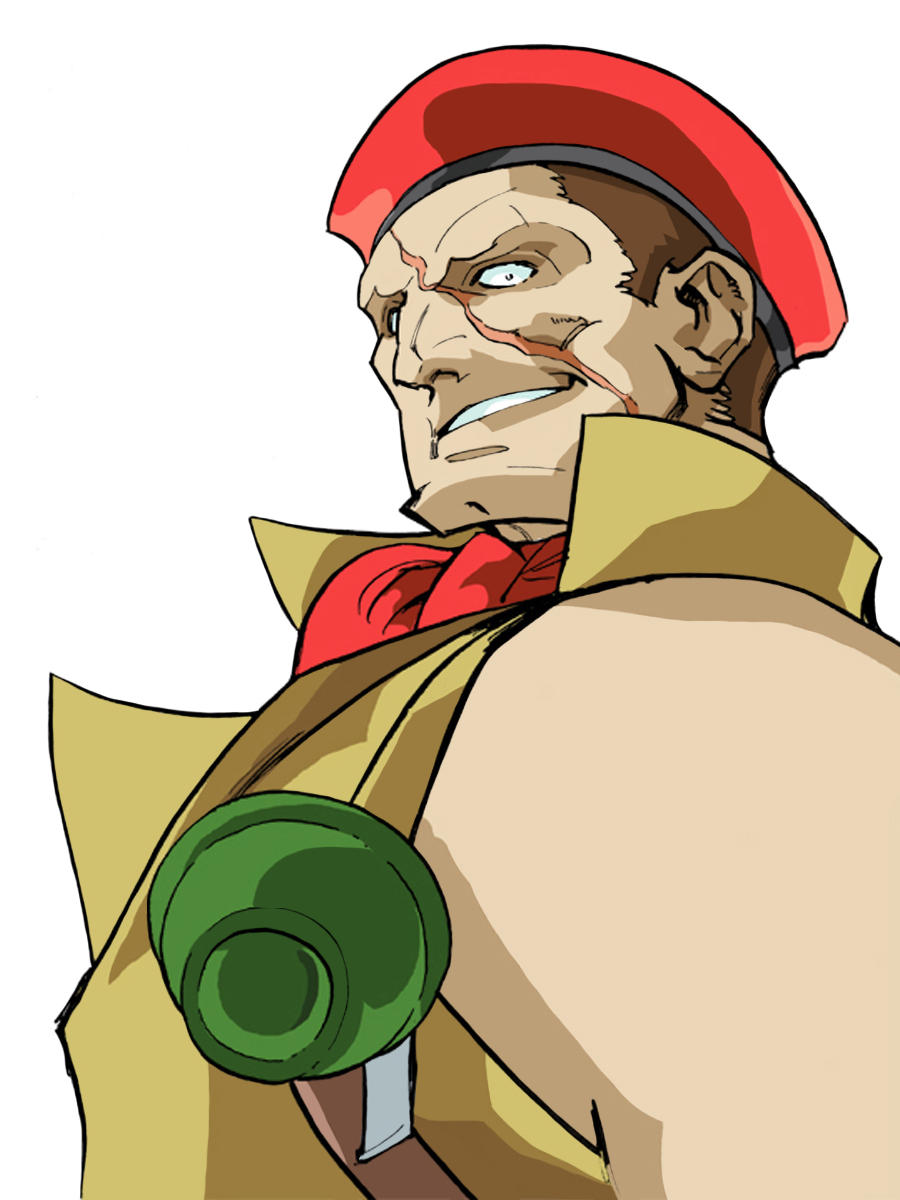

He was, rather, a gradual emancipationist who wanted to compensate slave owners. It is true that Lincoln did not seek immediate abolition neither was he a radical racial egalitarian. “He was a man-a big, inconsistent, brave man.” “Abraham Lincoln was a Southern poor white … poorly educated and unusually ugly, awkward, ill-dressed … cruel, merciful peace-loving, a fighter despising Negroes and letting them fight and vote protecting slavery and freeing slaves,” W.E.B. Lincoln seemed tardy, cold, dull, and indifferent: but measuring him by the sentiment of his country, a sentiment he was bound as a statesman to consult, he was swift, zealous, radical, and determined.” As Reconstruction gave way to Jim Crow segregation, Douglass’s opinion was less widely shared. “Viewed from the genuine abolition ground,” he said in 1876, “Mr. This was the pragmatic Lincoln that Frederick Douglass understood. Read More: The First Secret Plot to Kill Abraham Lincoln And Lincoln portrayed his decision on wartime emancipation as a last resort based on military rather than moral considerations. Yet he sometimes spoke in racist terms, did not immediately press for Black people to be afforded the rights of citizenship enjoyed by white people, and proposed their voluntary removal offshore. In the White House, Lincoln defended Black Americans as fellow human beings whose fundamental rights were protected in the Declaration of Independence-hardly the most common of arguments in his time. “This expresses my idea of democracy.” For Lincoln, a world in which power was all, in which the assertion of a singular will trumped all, in which force dictated all, was not moral but immoral, not democratic but autocratic, not just but unjust. “As I would not be a slave, so I would not be a master,” he once said. Lincoln’s own sensibility-both moral and political-was founded on this injunction. Yet it fell to Lincoln to adjudicate whether the nation would, in his phrase, remain “half slave and half free”-and whether the American experiment would survive the treason of a rebellious white South that put its own interests ahead of the Union itself. Other Presidents have been confronted with momentous decisions-of war and peace, of life and death, of freedom and power. Hated and hailed, excoriated and revered, Abraham Lincoln served as President of the United States in an existential hour. You have no oath registered in Heaven to destroy the government, while I shall have the most solemn one to ‘preserve, protect and defend’ it.” You can have no conflict, without being yourselves the aggressors. “Why should there not be a patient confidence in the ultimate justice of the people? Is there any better, or equal hope, in the world? In your hands, my dissatisfied fellow countrymen, and not in mine, is the momentous issue of civil war. “Plainly, the central idea of secession, is the essence of anarchy,” the new President said.

Federal artillery was deployed on a nearby hilltop. An hour later, hatless and adjusting his eyeglasses, Abraham Lincoln, his Inaugural Address in hand, stood and gazed out across a large audience.


 0 kommentar(er)
0 kommentar(er)
